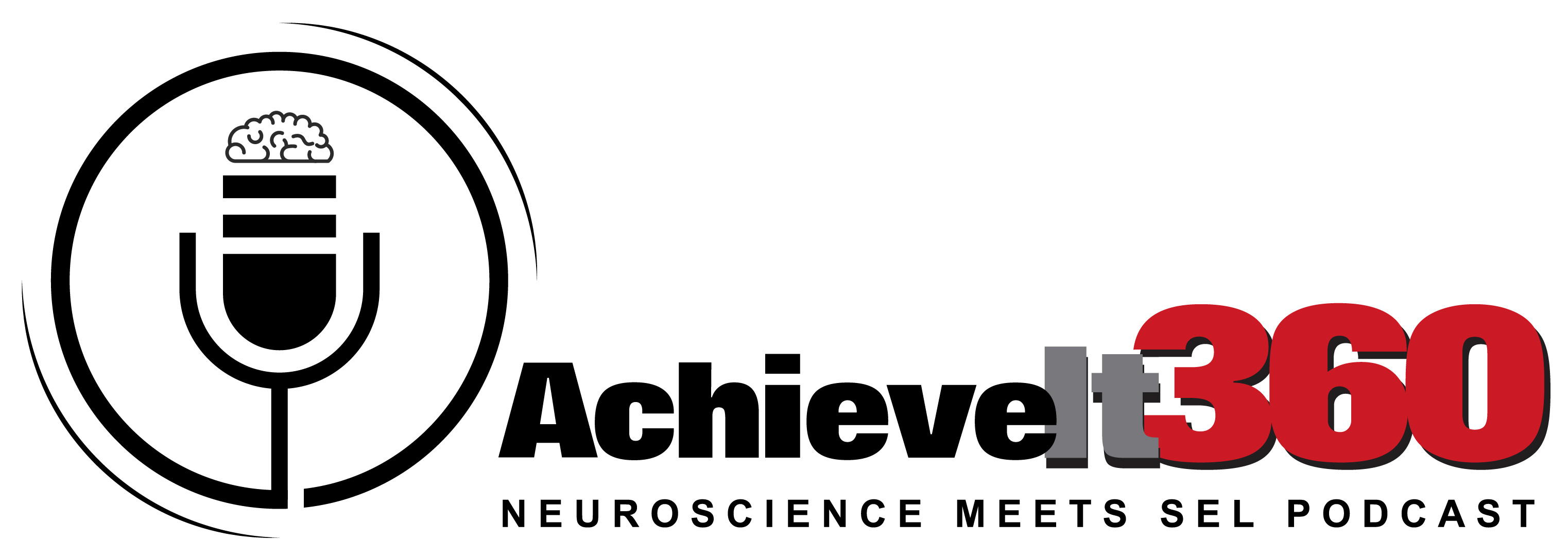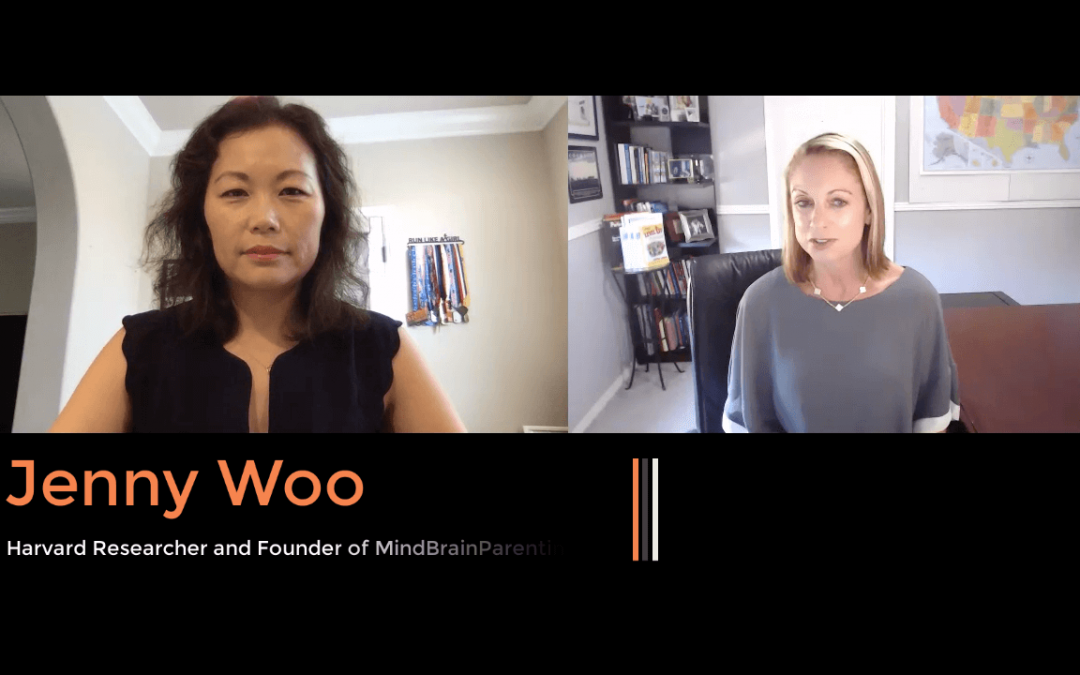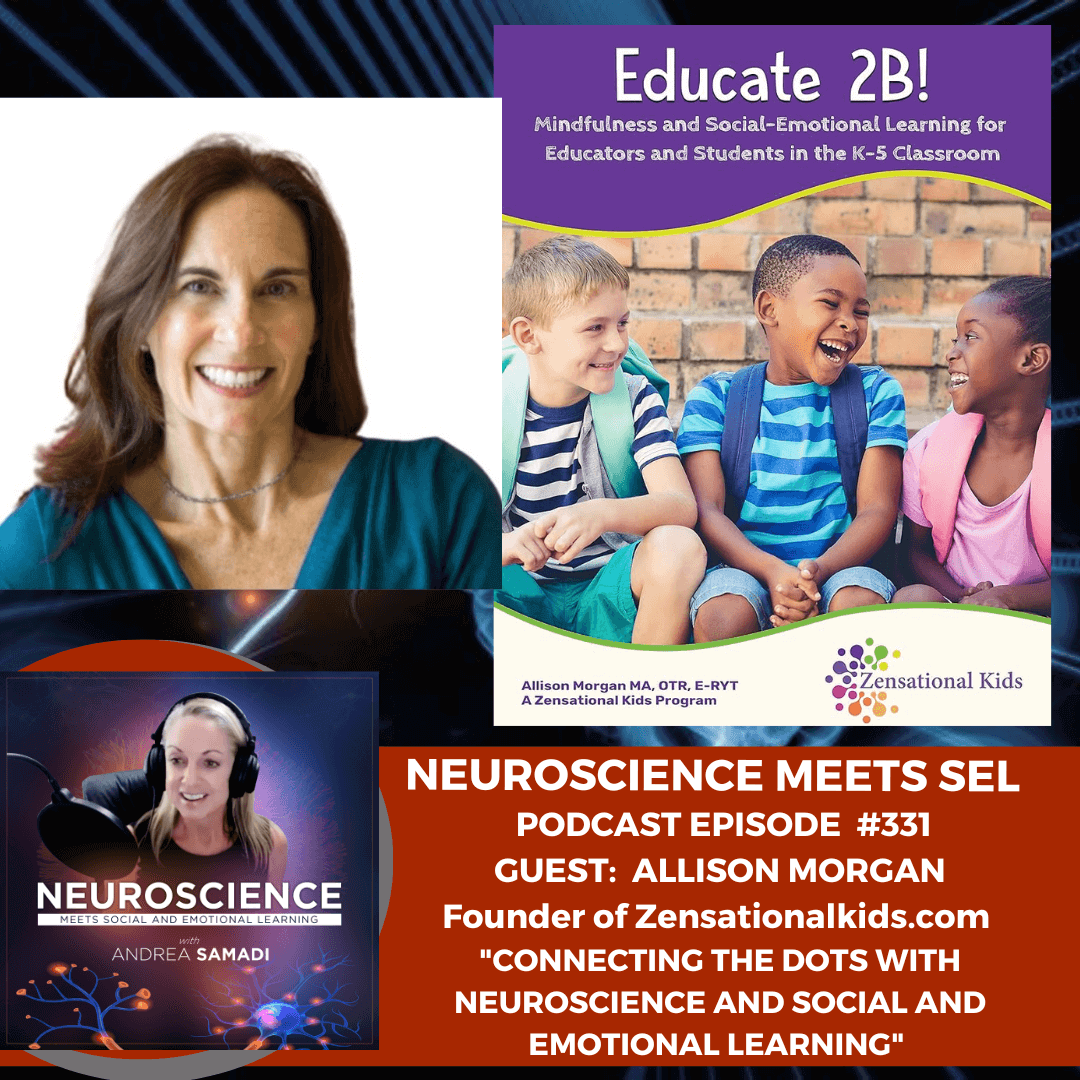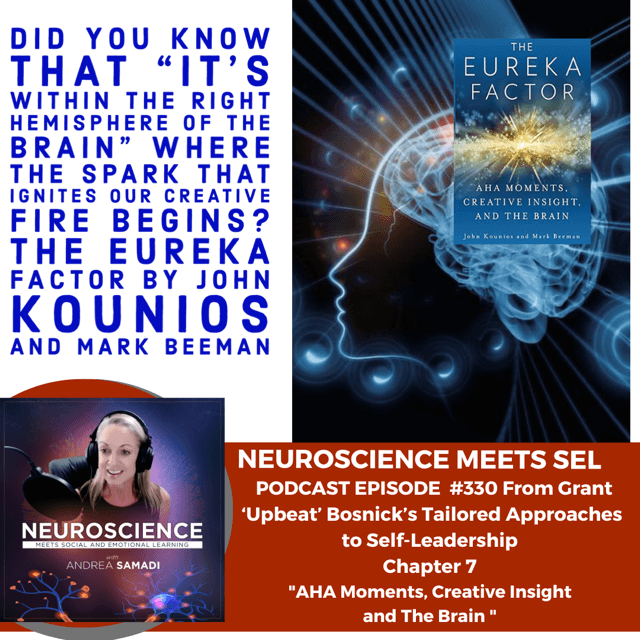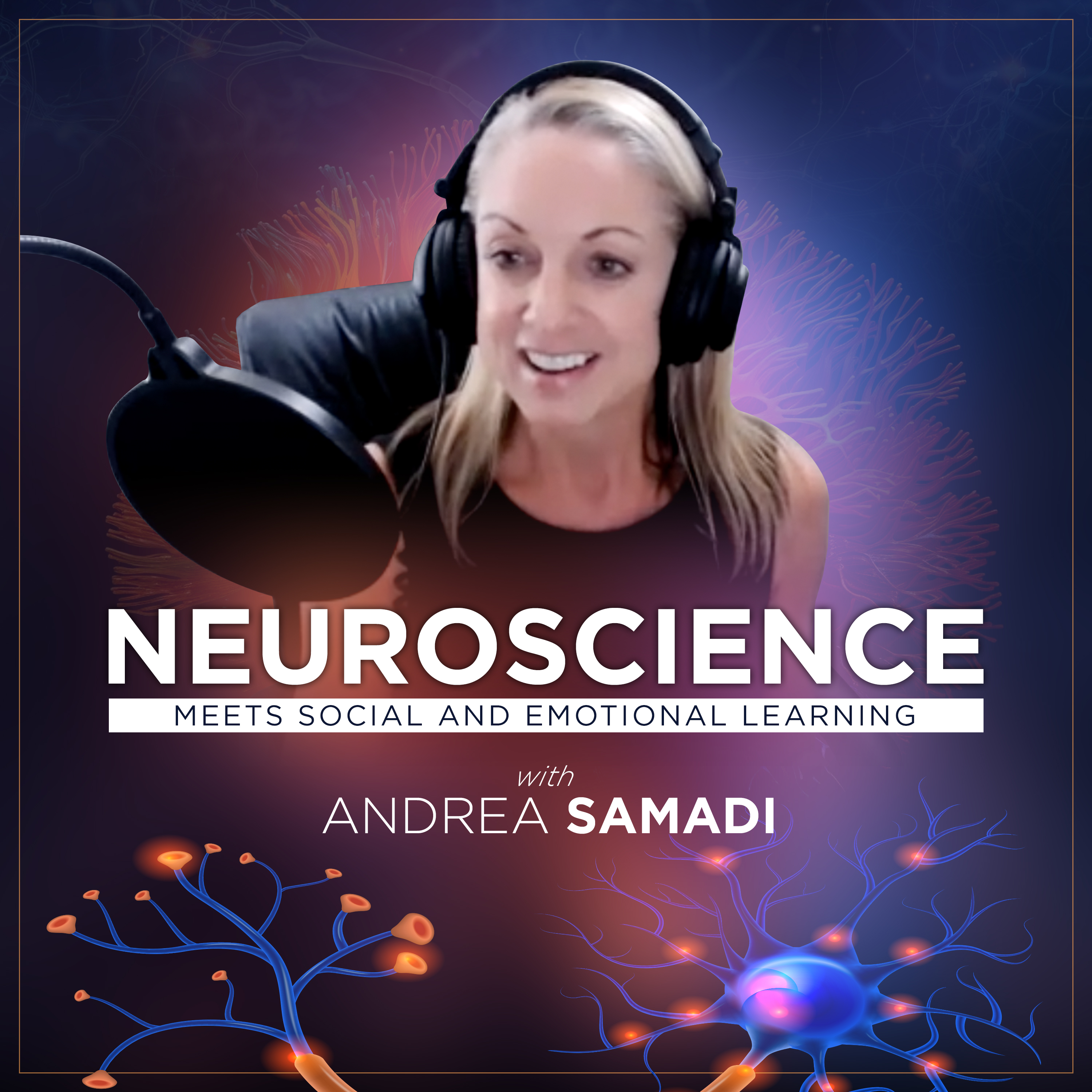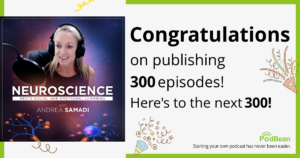Today we move into our Cognitive Track with Jenny Woo the founder of award-winning Emotional Intelligence games, 52 Conversations and 52 Essential Relationships and Harvard Graduate School of Education researcher of social and emotional learning. With her game, “52 Essential Conversations,[i]” Jenny has created a tool for parents, counselors, and teachers to support children’s social-emotional development that comes with her own podcast channel “52 Conversations to inspire children for life”[ii] where she has in depth episodes on topics that match the lessons in her cards. I have both sets of cards here and have been using them with our family the past few weeks and have been having a blast with them.
The game is designed for ages 5 to adult, covering six categories (That align to Casel’s competencies[iii] that we have been covering here on this channel) (self-awareness; relationship skills; self-management; social awareness; responsible decision-making; and diversity, equity, and inclusion) and ask questions such as What is fairness? or What is luck? They can be used in a multitude of ways — as conversation prompts during dinner or daily errands, or in place of playing cards in a game of Go Fish. I used the cards to help stimulate discussion with my own children (ages 7 and 9) on the topic of friendship when my youngest was struggling with this at school. We all gave examples of what being a good friend means, and the examples I am sure will extend outside of our family discussion into her daily life. We all had a blast with the cards and look forward to learning more as we implement them. Her game allows parents and children to learn about one another while developing life skills and preparing them for the world. These cards are used in over 40 countries, all 50 States, in schools and in the workplace, so you can see why I jumped at the chance to speak with Jenny Woo.
Welcome Jenny! Thanks so much for taking the time to be here today. As we move into our cognitive track on the podcast, I was looking for experts to interview and was so excited when we connected on Linkedin.
Q1: Can you give us some background to how you went from the Corporate world in management consulting to Harvard’s Graduate School of Education and how this switch helped you to find your true calling and create such a timely product to help develop social and emotional skills for children, as well as life skills for adults?
Q2: “We’ve seen tremendous advances over the decades in the learning sciences but there are still so many myths out there. Can you help clear up some of the most common myths? For those of you interested, please visit Jenny’s website (in the show notes) for a quiz to see your knowledge of these brain myths.[iv]
- We only use 10% of our brain.If a child cannot sit in a classroom by 3rd grade, then he/she has an undiagnosed learning disability?The brains of boys/girls develop at different rates?Academic achievement can be negatively affected by skipping breakfast?Some children are born naturally creative.Children learn best when information is presented in their preferred learning style?Some people are left brain/right brain, and this explains how we learn best?Listening to classical music increases children’s cognitive reasoning ability?A common sign of dyslexia is seeing letters backwards.Teens circadian rhythms cause them to sleep/wake up later?
Q3: From your research, can you give some strategies that you’ve incorporated into your game to help students/adults with their mindset, knowing that there are days we are all thrown off course?
Q4: I recently posted something on Instagram on Cognitive Biases. It was a graphic where I quoted “Did you know there are almost 200 known cognitive biases and distortions that cause us to think and act irrationally.”[v] Someone posted in the comment section “Where do we even begin? I didn’t even know I had these.” Can you explain what cognitive biases are, and what we can do about them, so they don’t negatively impact our decision-making and life?
Q5: When I first began to study with a neuroscience researcher, there was a brain fact about working memory that stuck with me. It was the fact that “the conscious mind can only hold 7-10 words in our working memory.” What does this mean for students and learning? With this in mind, how do you recommend students study for their spelling tests where they have 30 words or more to remember? What are the best strategies for memorization?
Q6: Is there anything else that you think is important that we have missed?
Thank you so much Jenny, I have thoroughly enjoyed getting to know you and your work. I’m looking forward to hearing how the Casel Exchange goes for you in October and continuing to support and share your work. Thanks for sharing your time and knowledge today.
Links:
-
- Mind Brain Parenting Website (
-
- )52 Essential Conversations on Amazon (
https://www.amazon.com/dp/B07FKSQV47
-
- )52 Essential Relationships on Amazon (
https://www.amazon.com/dp/B07QKMVB35/
-
- )About Jenny Woo (speaking and consulting) (
https://mindbrainparenting.org/jenny
- )
Follow Jenny Woo on Social Media:
@mindbrainparenting for Facebook | Instagram
@mindbrainparent for Twitter
LinkedIn (LinkedIn is the best way to contact). Not sure if I should include my email? It’s jwoo@mindbrainparenting.org
Bio: A Harvard-trained educator, neuroscience researcher, and mom of three, Jenny’s career has been dedicated to developing big and small human beings. Jenny founded Mind Brain Parenting and developed 52 Essential Conversations, an “anytime and anywhere” game that builds social and emotional life skills. It won the 2018 Parents’ Choice Awards, featured by CASEL and Harvard University, and used in over 40 countries.
[i] https://www.gse.harvard.edu/news/18/09/power-conversation
[ii] https://podcasts.apple.com/us/podcast/52-essential-conversations-to-inspire-children/id1418151997
[iii] https://casel.org/core-competencies/
[iv] https://mindbrainparenting.org/parenting-myths
[v] https://www.instagram.com/p/B0TNjU0lr_s/?utm_source=ig_web_options_share_sheet
Podcast: Play in new window | Download
Subscribe: Apple Podcasts | RSS
